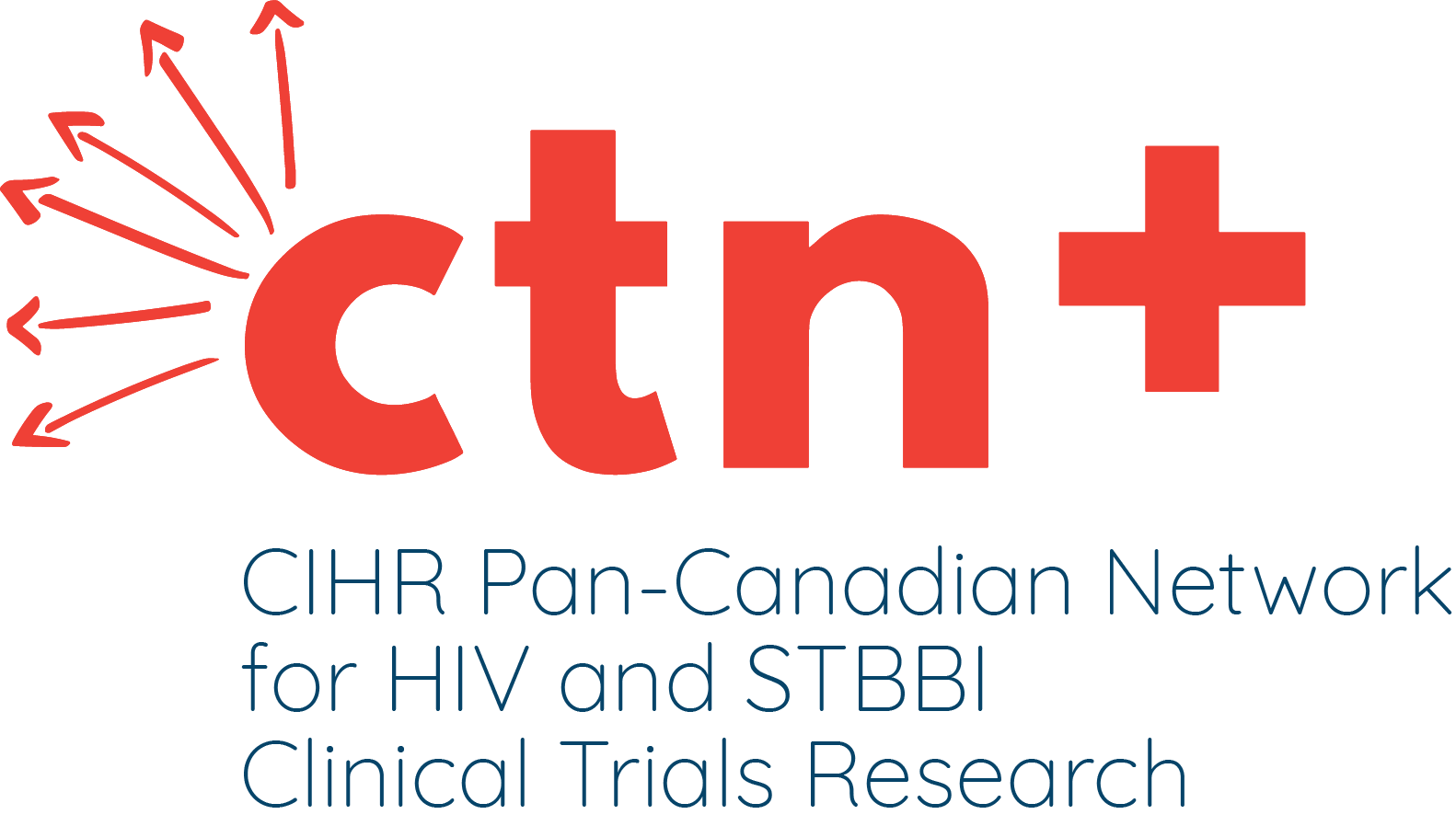
The 1998 postdoctoral fellowship cohort, including now CTN National Co-Director Dr. Marina Klein (third from left)
Since 1992, the CTN Postdoctoral Fellowship Awards Program has allocated 174 awards to 107 fellows. To mark the momentous occasion of passing the 100-fellow milestone, we introduce you to the program and some of the postdocs, past and present.
The CTN Postdoctoral Fellowship Awards Program was launched to collaborate with and nurture the next generation of top HIV and STBBI investigators. It provides an opportunity for early-career researchers to advance their experience and write a trial protocol, research program, and develop and run their own trial.
From postdocs to leaders
Some of the past postdoctoral fellows are now mainstays in the CTN family. You may recognize Dr. Marina Klein, who was a CTN Postdoctoral Fellow from 1998–2000 and was supervised by Dr. Richard Lalonde. Today, Dr. Klein is CTN National Co-Director, professor of medicine at McGill University, a Tier 1 Canada Research Chair, a Canadian Academy of Health Sciences fellow, and all-round expert in HIV and hepatitis C. She is currently leading several CTN studies including CTN 222: the Canadian Co-infection Cohort Study.
Dr. Klein is not the only past-postdoc to have progressed to a leading role within the Network. Drs. Curtis Cooper, Mona Loutfy, Jason Brophy, Darrell Tan, and Jean-Pierre Routy all started their CTN careers as postdoctoral fellows and are now co-leads of our four Research Cores. The Cores are responsible for managing the flow of concept development to protocols, supervising ongoing studies, and mentoring junior investigators. Many other postdoctoral fellows from previous years also remain with the CTN as investigators.
Going international
For the first 18 years of the CTN Postdoctoral Fellowship Awards Program, each fellow resided in Canada. However, in 2010, it expanded internationally to help train a scientist who is committed to developing and conducting HIV treatment or prevention research studies in a resource-limited country.
Our first international fellow was Dr. Lawrence Mbuagbaw. He investigated how text messages could improve adherence to antiretroviral therapy in low-income resource settings, supervised by CTN Investigator Dr. Lehana Thabane. Dr. Mbuagbaw is now a CTN Investigator himself and also serves as an associate professor at McMaster University. To this day, he continues to collaborate with physicians in Africa to improve health care services and remains close to the postdoctoral fellowship program, supervising international fellows Drs. Gisele Ngomba-Kadima and Richard Mwamba Kabuya.
Many other international fellows have also gone on to hold prestigious positions: Dr. Jackson Mukonzo is currently chair of the department of pharmacology and therapeutics at Makerere University, Uganda; Dr. Amy Slogrove is an associate professor in the department of paediatrics and child health at Stellenbosch University, South Africa; and Dr. Alemayehu Amberbir is a doctoral scientist at the University of Global Health Equity, Rwanda.
There is no future without a(n amazing) past
The CTN Postdoctoral Fellowship Awards Program as a whole would not be what it is today without a growing number of behind-the-scene supporters, particularly Jacquie Sas, who recently retired. Jacquie led the program from its inception and became a maternal figure for many of the postdocs. She was a constant familiar face and cheerleader for the fellows’ success, continuously advocating for them and being their ‘go to’ person at the bi-annual CTN meetings. In addition, she recruited pharmaceutical companies and other organizations for funding, who continue to offer invaluable support and sponsorship to the program.
As we wave a fond farewell to Jacquie, we extend a warm welcome to the 2021–22 cohort of Postdoctoral Fellows: Drs. Alice Zhabokritsky (CTN James Kreppner l Fellowship), Katia Giguère, Cara Spence (CANFAR/CTN Fellowship), Jordan Sang, Joshua Edward, Léna Royston, and Serge Vicente. Their profiles are all available on our Postdoctoral Fellowship Awards Program webpage.
With their supervisors, this new cohort of fellows will investigate a wide range of issues affecting people living with HIV, from aging and comorbidities to HIV service provision and mobile health. We can’t wait to see where their research takes them!
If you want to learn more about the Postdoctoral Fellowship Awards Program and meet past and present fellows, click here.






